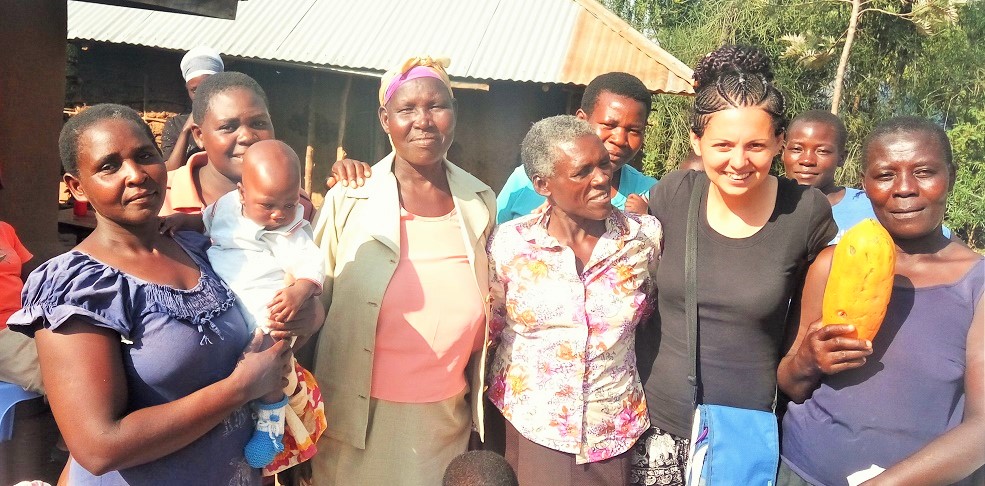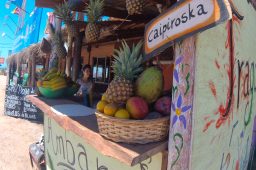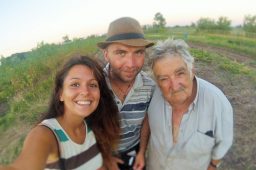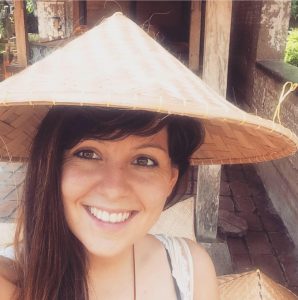How Kenyans killed the banks
- August 02, 2016
- by
- Milica Radović
In the small village of Adiedo I came across a sight that blew my mind. There was a group Upendo women group (Upendo means love) consisting of 30 women. They came together to help each other solve the problem caused by a complicated financial and banking world which they do not have access to because of the distance from the nearest bank to their village. Most of them also do not have identity cards or any other documents. These kinds of groups are omnipresent across Kenya.
Upendo group has been active for 6 years. There are three women in charge of the group: one of them is a leader, second one is a secretary and third is a cashier. They meet every year in January, each of them investa about 1000 Kenyan Shilings (about 10 EUR) or whatever the amount they agree on or as much as they can afford. Money collected at the beginning is treated as the working capital (each of them has certain percent they invested). Money is kept in a metal box with three locks in a leader’s house.

Three women in charge of the Upendo women group
They meet every Thursday. This meeting consists of three parts. During the first part of the meeting money is piled in front of everyone so that any member can borrow some money and return it without the interest rate if there had been a family emergency.
Second part of the meeting has to do with enlarging the existing capital. So, if somebody wants to they can add more money and in this way increase their percentage. They usually add about 2 EUR or more.
Third part is the most important and reflect the group’s main purpose- a possibility of borrowing money. Any member can borrow as much money as they want. After a month they have to return the money with an interest rate of 10%. This interest rate is divided equally at the end of teh year. So these people not only have a system that financially helps them with the initiation of a project (chickens, crops,… ) but they can also earn some money by the end of the year.
This is genius! I had a privilege to see it firsthand and I was thrilled by these women’s wits. At the meeting I attended there was a woman who borrowed 300 EUR from the cash register in order to start her own project.
A group member taking a loan
As a farewell gift I received a papaya from the leader in whose house the meeting had been held. They consider it an honor for me to receive a gift from them.
Not only did they circumvent banks in villages, but whole Kenya works on a wonderful system called M-Pesa. That system is similar to e-wallet. Your telephone number is actually your M-Pesa system username. So if I want to put some money on my M-Pesa account I go to the agent located in every village, in every store, give them money and they put it on my M-Pesa account. You can pay for anything you want by using your M-Pesa account- airplane tickets, bills, school, you can even send money to other people in Kenya. All you need to know is someone’s M-Pesa system username.
M-Pesa system agent
M-Pesa has been initiated by Vodafone and the country of Kenya. The system has become so successful that everybody uses M-Pesa although banks were reluctant to introduce it. In the end, banks had to introduce this system and integrate it in their systems. You can use M-Pesa on mobile phones by typing USSD code (just like typing *100#). On smart phones you can use the app. Kenyans even pay their electricity bills through M-Pesa. They pay for it in advance, receive a code that they type in some machine in their house and they can keep on using the electricity. That machine looks like this:
M-Pesa has been created from the same reason as the Upendo group. There are too many rural and uneducated people in Kenya so they had to find a way of exchanging money. If you ask me, I think it is genius! What is even more interesting is that this system exists in several other countries in Africa, but it hasn’t been as succcessful as it is in Kenya.







![[VIDEO] Rafting in Bosnia](https://blog.themilica.com/wp-content/uploads/2017/06/Rafting-1-256x170.png)


